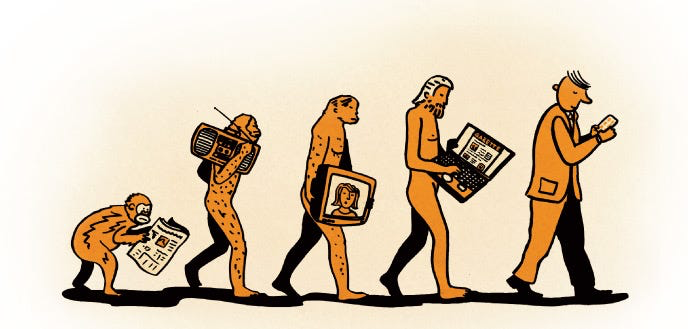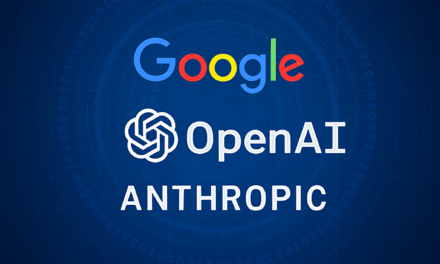For my interview, I decided to interview Emmanuel F., former director of Canal+ in Italy in 2002, but also worked in other media, such as cinema and as a crisis communication consultant.
Has your professional experience noticed a difference in the dissemination of news in the last decade?
The advent of the Internet has led to a radical change in the way in which the information is disseminated, moving from a geographically limited distribution to a diffusion at a global scale, which has considerably modified the impact of this information. On the one hand, this accelerated the dissemination of news, but on the other hand, he also raided the way for unprecedented access to information, which allowed each individual to become a possible diffuser. However, this implies the risk that the quality of the information will be compromised.
We are witnessing a mixture of different sources of information, where traditional media face new actors, serious or not, questioning the reliability of disseminated information. The central question is not only a matter of opinion, but to determine whether information is authentic or false news.
With this career for information, what do you think of the quality you can have?
The speed at which information circulates can often give the impression that everything is instantaneous, but that does not always guarantee the veracity of the facts. The advent of artificial intelligence has even made possible the creation of faces and statements that may seem authentic, but are not necessarily. Therefore, it is crucial to learn to verify our sources of information, even if this advice is sometimes given by traditional media to discredit the information disseminated on social networks, for example. As far as possible, it is important to verify the information before sharing it.
Now we have the possibility of having coffee conversations worldwide. However, this ease of communication can sometimes create a discrepancy between the speed of exchanges and the need to think positively about the subjects discussed. With the appearance of new platforms and the evolution of communication, communication itself can take charge of the action. In the 1970s, communication was used to support the action, while today, it is often the communication that guides the action, which can influence decision making.
It is also important to keep in mind that this perspective is mainly western. In other regions of the world, as in the Middle East, in Central Asia or in Africa, the relationship with time and information can be different due to factors such as religion and culture.
Today we are no longer aware of world subjects, but less in depth, what do you think?
There is often an illusion that the world seems more accessible thanks to technological advances, but in reality, we often return to our daily concerns and our essential priorities. This perception can also push us to neglect certain information from other perspectives, which underlines the importance of diversifying our sources of information. However, in areas such as armed conflicts, information is often filtered by spokesmen, which makes it crucial to select our sources carefully, compare them and trust them.





